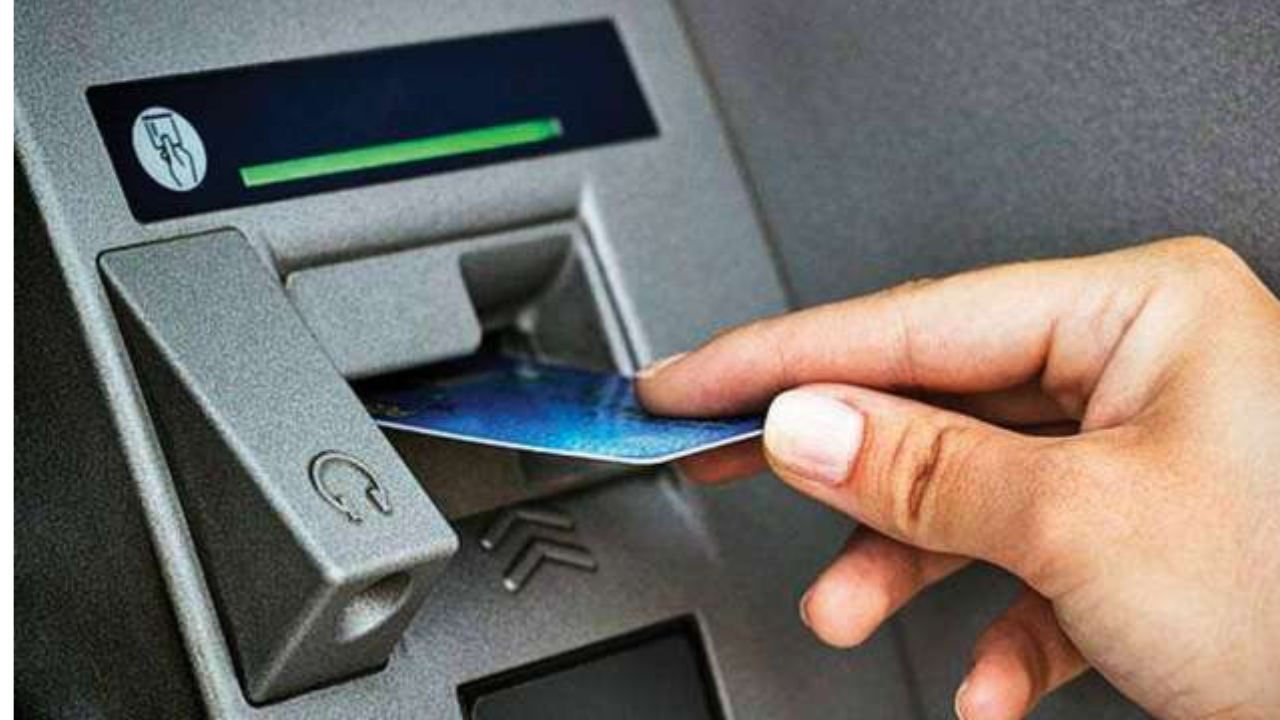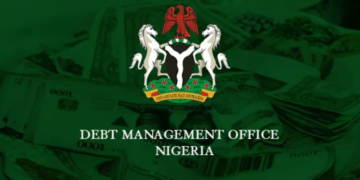The Central Bank of Nigeria (CBN) may have stirred the hornet nest recently when, in a memo, it announced a limit on cash withdrawals that can be made by individuals and organisations with effect from January 9, 2023. The bank directed that over-the-counter cash withdrawals by individuals and corporate entities are not to exceed N100, 000 and N500,000, respectively, per week. It also directed that only N200 and lower denominations should be loaded into banks’ Automated Teller Machines (ATMs). The CBN said the maximum cash withdrawal per week via ATM should be N100,000 subject to a maximum of N20,000 cash per day.
Expectedly, the policy has received measured reactions from a cross-section of Nigerians. The Senate and House of Representatives last week expressed concerns over the new cash withdrawal policy. The Senate, in particular, has asked the CBN to considerably adjust the withdrawal limits in response to what it described as public outcry on the policy. The lawmakers also mandated its Committee on Banking and Finance to embark on aggressive oversight of the apex bank on its commitment to flexible adjustment of the withdrawal limit. The House of Representatives, on its part, at a plenary, asked the Governor, Godwin Emefiele, to suspend the implementation of the policy.
In the considered opinion of this newspaper, while we commend this bold move by the apex bank, we also suggest that it takes into consideration some of the complaints and fears of some Nigerians. It is gratifying to note that the CBN governor had said that the apex bank would consider tweaking the new weekly cash withdrawal limits of N100,000 and N500,000 for individuals and corporate bank customers. He assured that the apex bank would not be rigid on the policy as it was not meant to hurt anybody but to strengthen the nation’s economy.
Apparently, in the opinion of this newspaper, the move by the CBN is aimed at achieving some political aims in view of the reported incidences of vote buying ahead of the 2023 general election. Sadly, vote buying is threatening to derail the successes so far achieved by the Independent National Electoral Commission (INEC). The introduction of the BVAS machine and electronic transfer of votes has effectively eliminated ballot box snatching, thuggery, and indiscriminate thumb printing of ballot papers.
However, politicians have devised new means to circumvent the system hence the resort to vote buying. The recent redesign of the naira and the new withdrawal limit is seen by many as moves to check the resort by politicians to vote buying instead of enlightening Nigerians on their programmes and policies so as to be able to win their support in the forthcoming general election.
Politics aside, it is the view of this newspaper, that the new policy by the CBN is another of those measures initiated by the apex bank aimed at actualising its desire for an economy driven by cashless financial products and services. It is important to note, that the limit as put in place by the CBN affects only withdrawals. According to it, bank customers are still at liberty to transfer any amount electronically. So, in our opinion, what this entails is that genuine bank transactions are not affected by the CBN policy.
However, we are worried that politicians, adept at manipulating systems, no matter how adroitly conceived, may devise means of beating the policy. That is already happening. There are reported cases of politicians compromising bank managers and other top management staff of banks. But this is where the watchdog role of the Economic and Financial Crimes Commission (EFCC) comes in.
Furthermore, we think that the apprehension that the cashless policy may throw many Point of Sale (POS) operators into the unemployment pool is unfounded because the two payment systems have always existed side by side.
Nevertheless, we believe that the cashless policy will be beneficial to the country in the long run. It will go a long way in eliminating monetary inducement in elections, money laundering, and ransom for kidnapping. Even more beneficial to the economy is the decision that lower denominations will henceforth feature more at the ATMs. With more of such currencies in circulation, they may help in the fight to bring inflation down.
No doubt, there will be teething problems in the early stage of the implementation of the policy. What is required is massive awareness campaign, especially in the rural areas, where the majority are unbanked. The people in rural areas need to be educated on the merits of the policy.
Furthermore, we also call on the banks to flood the rural areas and markets with POS to make it readily and easily available to farmers, market women, and artisans.





